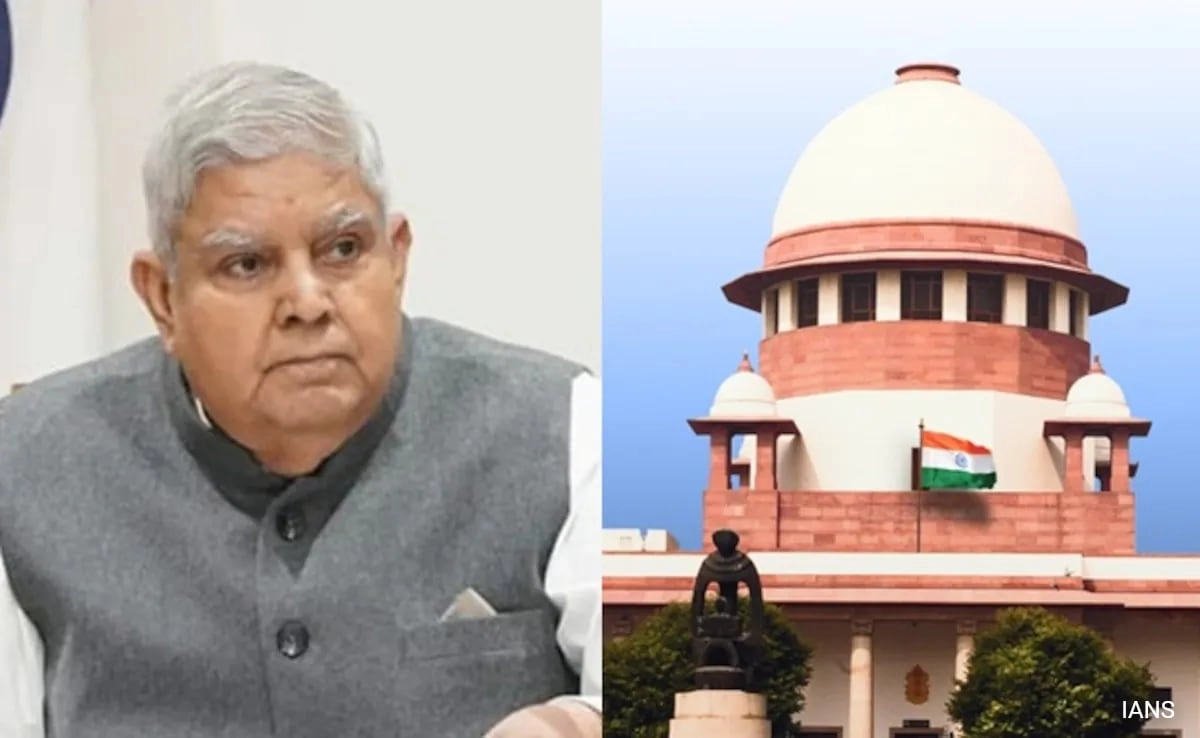In a significant development concerning the Delhi riots that erupted in February 2020, a court has ordered the registration of a First Information Report (FIR) against Delhi Minister Kapil Mishra and several others. The riots, which resulted in widespread violence and loss of life, were triggered by protests against the Citizenship Amendment Act (CAA) and escalated into one of the deadliest communal clashes in the capital’s recent history. The court’s decision comes in response to a petition filed by a group of individuals who alleged that Mishra and others incited violence through inflammatory speeches prior to the riots.
The court’s ruling underscores the ongoing legal and political ramifications of the riots, which have been the subject of intense scrutiny and debate. Mishra, a member of the Bharatiya Janata Party (BJP), has been accused of making provocative statements that allegedly fueled the violence. His supporters claim that he was merely expressing legitimate political opinions, while critics argue that such rhetoric incited communal hatred and violence. The FIR represents an attempt to hold public figures accountable for their role in inciting violence, a move that proponents of justice and accountability have long called for.
As the legal proceedings unfold, the impact of the court’s order on the political landscape in Delhi remains to be seen. The riots not only led to significant loss of life and property but also deepened communal divides within the city. Many residents continue to live in fear and insecurity, grappling with the aftermath of the violence. The government’s response and the judicial system’s ability to deliver justice are under close observation, as they will play a crucial role in restoring public trust and ensuring accountability for those responsible for the riots.
In the broader context, this case highlights the challenges faced by the Indian judiciary in dealing with politically sensitive issues. The intersection of politics, religion, and law in the wake of communal violence raises questions about the fairness and impartiality of legal proceedings. As the investigation progresses, it is imperative that the legal framework upholds the principles of justice and equity, ensuring that all individuals, regardless of their political affiliations, are held accountable for their actions. The court’s decision to proceed with the FIR against Kapil Mishra and others could serve as a pivotal moment in addressing the broader issues of communal violence and political accountability in India.




